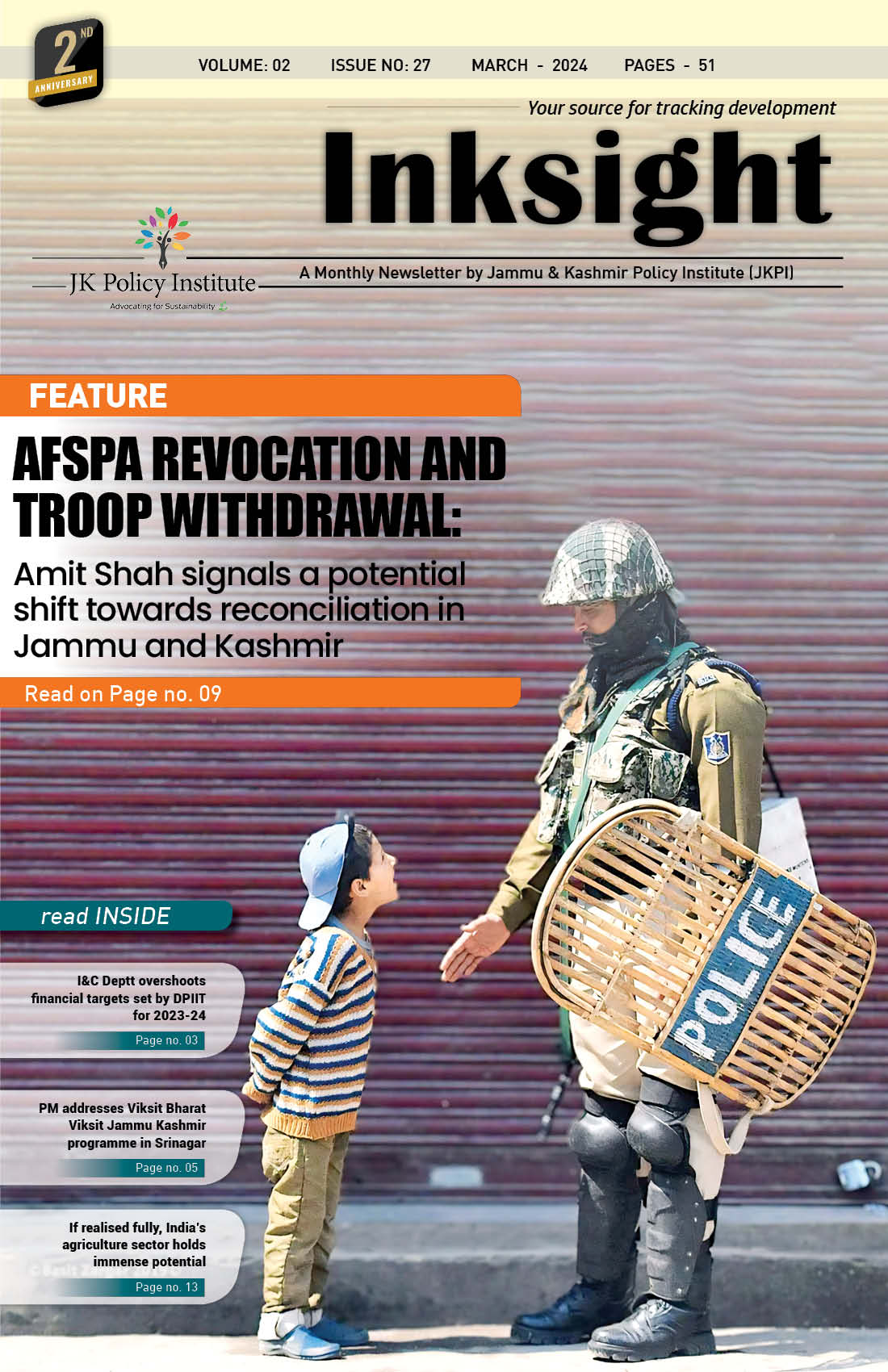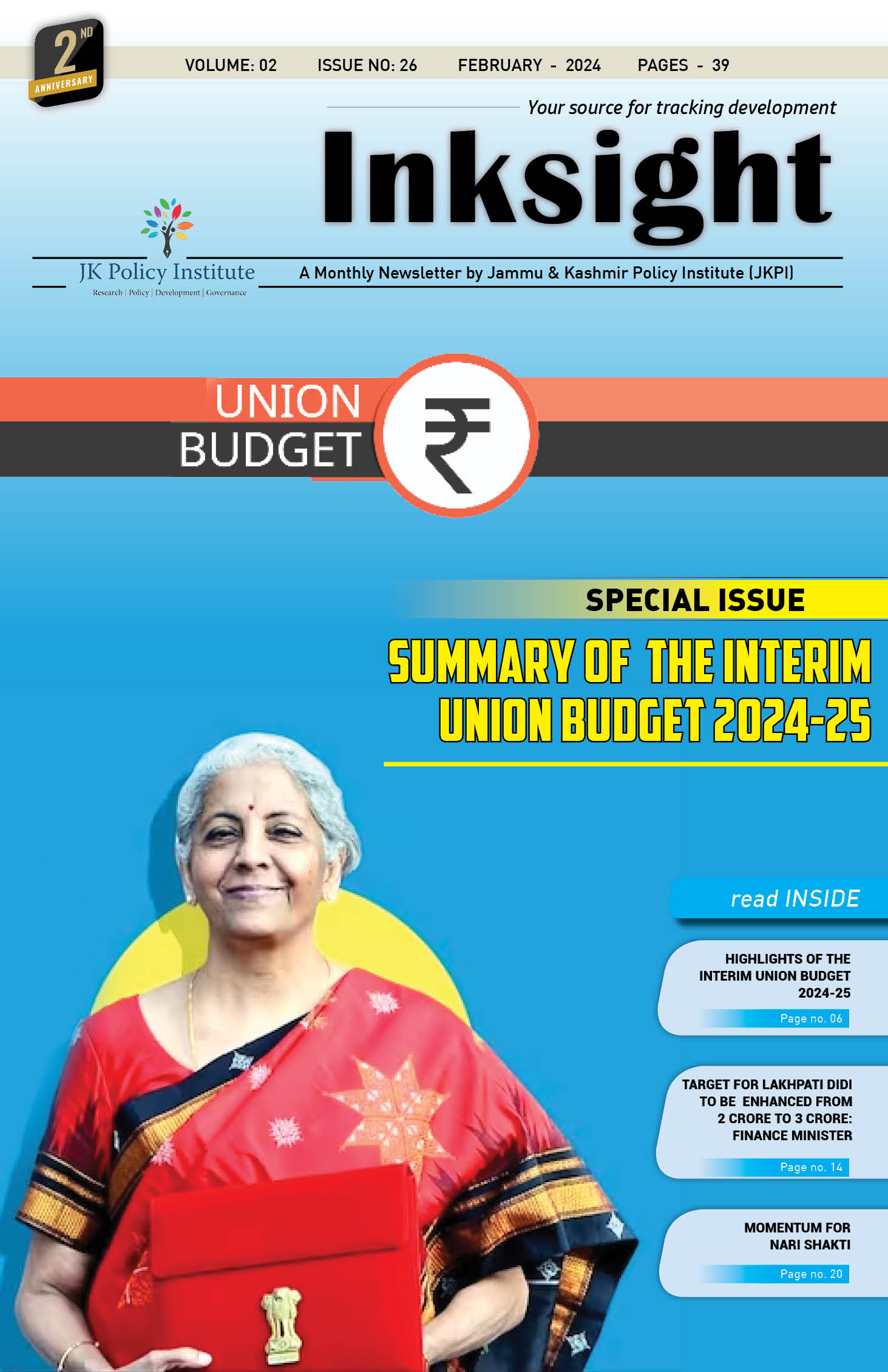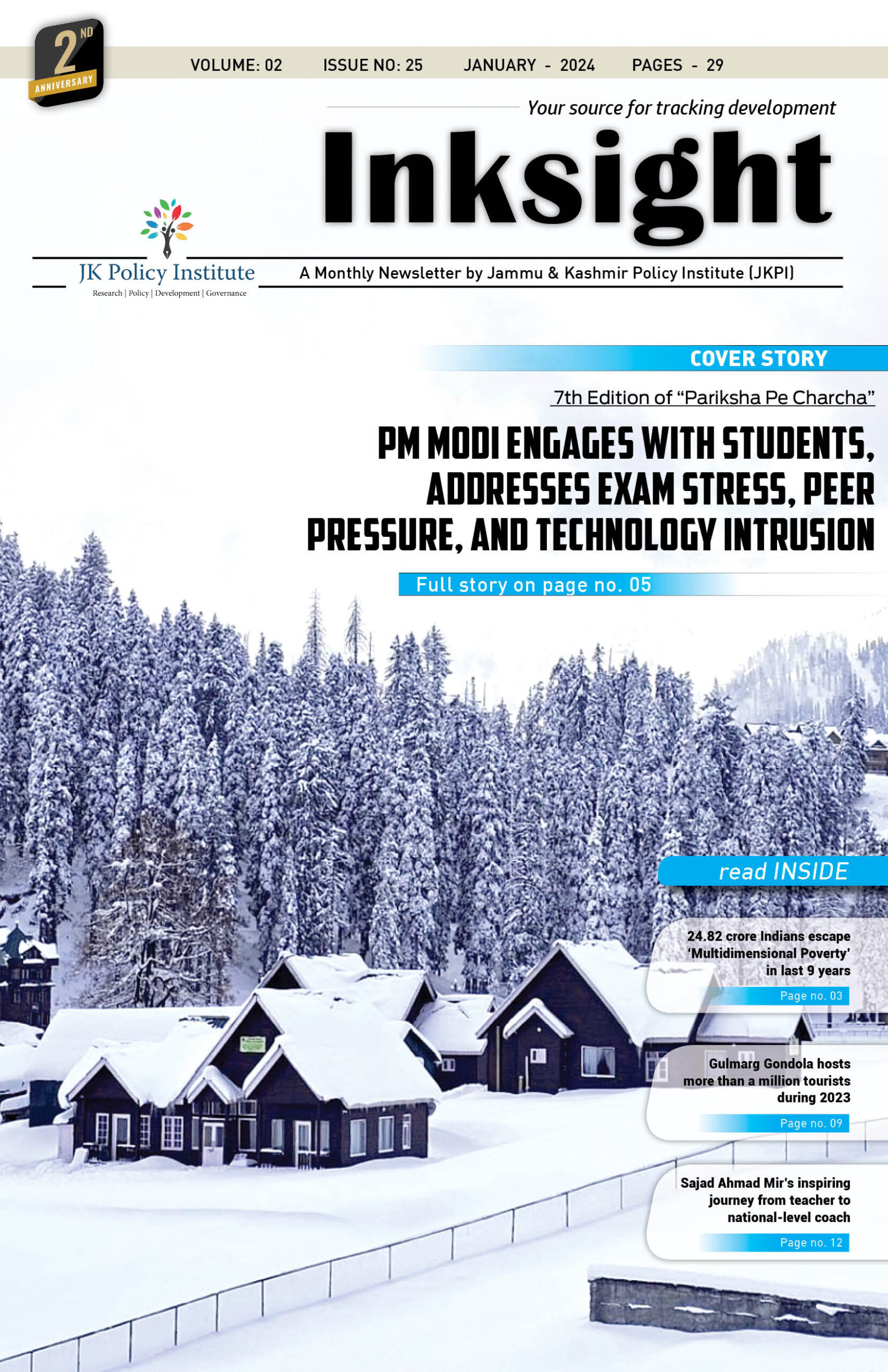The era of the 21st century will go down in geopolitical history as one of the most destabilizing, yet significant times. It is said, little did Uncle Sam know that a country like China which struggled to get international recognition as a nation-state could now become a self-proclaimed hegemon in today’s world. The declarative theory of state sovereignty has now found its application and relevance at the international level of analysis. In this context, it is well enough to say that the international arena is in a state of flux and this time it is not just a war of words, ideologies, or ammunitions, but it is a competition to define a world order in nerve-wracking ways.
How growing Indian diplomacy has given anxiety to China?
Little did the world know when COVID-19 hit the globe that the Indian Pharma industry will become a savoir-faire for the world. Many Indian scholars have been grappling with the state of the world order today. From the bipolarity of the cold war era to a shift of US hegemony, Indian experts have criticized the idea of a hegemon, something Indian foreign policy experts and the Indian Ministry of External Affairs are trying to change by pitching for a muti-polar world order, most remarkably through the G-20 Summit presently. The anxieties in India are high as China has begun to fill the vacuum produced by the saturation of the USA’s military foreign policy of regime change fueled by oil. This saturation of US foreign policy has led to the US withdrawal from world affairs in some sense, most remarkably seen in its abrupt and shabby withdrawal from Afghanistan recently.
India is navigating this treacherous international arena, trying to make a space for itself, which is why we have seen India taking lead on issues non-conventional to India’s foreign policy. For instance, from International Solar Alliance (ISA), vaccine diplomacy and now being at the helm of the G20 Presidency is a new trend set by India on the world stage. These foreign policy variables can be better capitalized especially when the Indo-Pacific has become a pivot for the entire world for strategic incentives. They say that whoever sits at the crown of the Indian Ocean wears the crown. All this sounds like good news, but the first ever China-Arab Summit is a shot in the arm of Indian diplomacy because India can afford the Chinese engagement neither as a friend who is aggressive, who breaches territorial borders, indulges in cartographic aggression, saber-rattling, et al. According to the sources, a pragmatic shift has been highlighted in how the Modi government’s aggressive foreign policy stands have brought the world in India’s favor. However, the China-Arab meeting is becoming an eye-opener.
But this cannot discount the fact that India has still striven so hard to change the balance of trade algorithm with China as the bilateral trade with China crossed USD 100 billion for the second year in the first nine months of 2022 while India’s trade deficit climbed to over USD 75 billion, as per the trade data released by Chinese customs. Self-sufficiency in the most minute ways has been promoted to over-compensate for the over-dependence on exports. Right-wing extremism has cropped in the business also with various slogans of Be Indian Buy Indian, Say no to Chinese materials, especially after the Galwan clash which claimed the lives of 20 Indian soldiers.
The situation becomes tough when foreign policy, trade, and national security are being seen in isolation in India. The point is, when the Arab China Summit 2022 is about to happen, there is some anxiety among Indian strategists because the underutilized geopolitical potential of India is now getting depleted because it is getting overpowered by Xi Jinping’s statesmanship which is undeterred by political borders, the pandemic or even sea routes of communications (while China is already warring against the US with regard to the UN SLOCS). The situation is uncomfortable for India as it has already felt abandoned on the world stage when it came to the Afghan peace process, the Taliban 2.0 phase, and the pre-eminence of China and Pakistan synergy in the same. In short, the Indian position vis-à-vis the first-ever Arab-China summit has become like an onlooker outside a green room and classified meetings of top-notch international organizations.
While China is hybridizing its engagement in the world by tweaking its economic model from time to time, its engagement with the Arab world is an alarming sign for India that China is becoming a greater force than ever to reckon with. The current world order seems to now consist of a pseudo-hegemon in the form of a Chinese dragon which is getting deeply embedded in the Arab and African world, breaking all Eurocentric biases to foreign policy approaches. This is definitely a lesson for India for foreign policy hybridization, to think beyond mundane geopolitics and geoeconomics. It is worth acknowledging that India is under pressure and struggling on a tightrope with its aspirations to become a superpower, the strategic tightrope of its superpower ambitions (flirting with hegemonic tendencies as it is also contesting a permanent seat in the UNSC which is again quite undemocratic a power bloc within the UN) while convincing the world that it still believes in Vasudev Kutumbhakam – the world is one family, scholars feel that when faced with the Chinese threat, India doesn’t exactly know whether to show itself as a potential superpower or a multi-polar world order supporter, as none is working in isolation.
The Chinese response to the world
Just like the above issues cannot be seen in isolation, the Arabian affair of the Chinese Premier cannot be seen in isolation. China has vociferously presented itself as a nation that doesn’t bother much about the institutional decline and decreasing faith in multilateral institutions (considering China’s rejection of the Hague Tribunal’s verdict on the South China Sea or its disregard for the UNSLOC or its evergreen cartographic aggression against India), unfortunately, democracy is declining as a currency, while authoritarian powers are navigating with relative ease with business as usual, with the pandemic as an exception.
The visit of Chinese President Xi to Arab nations was well planned in advance when the de facto ruler of the world’s biggest oil exporter visited the Chinese province in 2019 and put forth his idea of the Saudi Vision of 2030. Chinese found a good partner in the Gulf as they have been promoting their links to the Arab world since the existence of the silk route and now “OBOR” (One Belt, One Road) has taken the place of the silk route. With the growing tension in the South China Sea and the West’s interest in the Indo-Pacific with QUAD and now AUKUS groupings, the Chinese are more than just concerned and focused on the development of OBOR to find an alternate route at the same time they have been very adamant to take over the hegemony of west that West has been practicing across the globe with sweet talks. The tough policy of zero covid by Xi Jinping delayed their (Chinese) plan to explore the gulf region with full potential. GCC (Gulf Cooperation Council) countries play an important role as well.
The new option for Gulf states
There are no permanent friends and no permanent enemies in international relations time and again West has proven this statement true. The Saudis were confident of the USA taking a tough stand on Iran but that proved otherwise. Now the decision of OPEC to cut down on crude oil against the US wishes was a bold signal that the West’s way is not always right. The Gulf states decided to move with the global wind and it was in South Asia. When investment in India increased multifold in the last few years as India had the largest diaspora working in the gulf states and generating a large chunk of revenue back home in India. For Arabs, China is an interesting option that offers them multiple solutions including a connection to the east. Considering, the fact that nobody wants to put all their eggs in one basket the gulf states are on the right track of experimenting with China which may not go down well with India.
But what about the world order?
Further, China may talk politically correct in the upcoming summit, bringing relevant issues to the table of the Arab world, but it cannot be denied that China is still an authoritarian nation-state and the Arab world has had a history of theocracy and authoritarianism, the scenario of geopolitical depression which was earlier predicted by the Eurasia Group in 2018 is getting to see the light of the day at least in the Indian horizons, and it is also important to note that Indian researchers have also been concerned about India’s own democratic credentials lately.
The concern that seeps down to the roots is of the people. A salience of dissatisfaction, resentment, and helplessness is growing among people all around the world, be it the voices of the women of Iran, the protestors against the Chinese handling of pandemic lockdowns, or the crises faced by the Ukrainians dispossessed by the Russian war. Authoritarianism is set to become the new normal, breaking the backbone of democracy and people’s democratic ambitions around the world. In other words, the Arab-China Summit is going to set the stage for altering the world order and the content of its negotiations. It is felt that the outcome of this summit will unfortunately overshadow the outcomes of the G20 Summit, Hash tag India’s Presidency.
Is this Chinese pivot to the Arab world or a euphemism for the rise of a disastrous and ruthless era that even Bismarck couldn’t have imagined?
References
-
Foley, S. (2017). When oil is not enough: Sino-Saudi relations and Vision 2030. Asian Journal of Middle Eastern and Islamic Studies, 11(1), 107-120.
-
Al-Tamimi, N. (2012). China Saudi Arabia relations: economic partnership or strategic alliance?.
-
Fulton, J. (2020). China-Saudi Arabia Relations Through the ‘1+ 2+ 3’Cooperation Pattern. Asian Journal of Middle Eastern and Islamic Studies, 14(4), 516-527.
-
Al-Tamimi, N. M. (2013). China-Saudi Arabia Relations, 1990-2012: marriage of convenience or strategic alliance?. Routledge.
-
Yamada, M. (2015). Islam, energy, and development: Taiwan and China in Saudi Arabia, 1949–2013. American Journal of Chinese Studies, 77-98.
-
Freeman, C. P. (2018). China’s ‘regionalism foreign policy’and China-India relations in South Asia. Contemporary Politics, 24(1), 81-97.
-
-
https://www.aljazeera.com/gallery/2022/11/29/iran-us-relations-timeline
-
-
-
https://www.aljazeera.com/news/2022/12/6/chinas-xi-to-visit-saudi-arabia-from-wednesday
-
-
-
https://www.aljazeera.com/news/2022/12/6/chinas-xi-to-visit-saudi-arabia-from-wednesday
-





Leave a Reply
You must belogged in to post a comment.